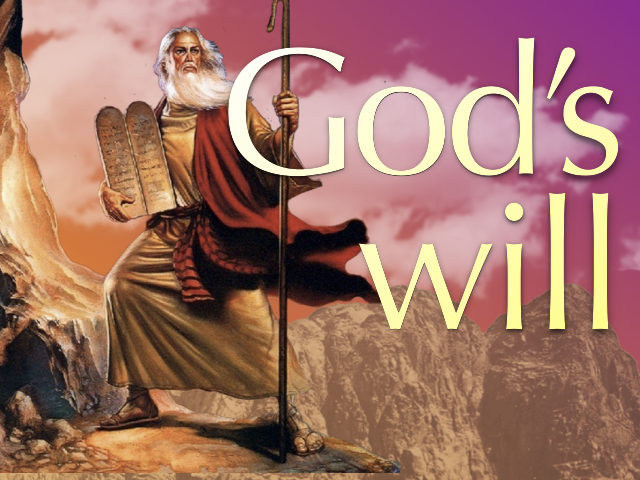
In case you’re the sort of person who skips titles (a phenomenon I’ve seen a bunch of times, and still don’t get), I remind you this article is called “What’s the difference between a seer and a prophet?”
Short answer: No difference. Same thing.
1 Samuel 9.9 NASB - (Previously in Israel, when a man went to inquire of God, he used to say, “Come, and let’s go to the seer”; for he who is called a prophet now was previously called a seer.)
The Hebrew
It’s a term which didn’t entirely die out “in the past,” because we find it in the late-biblical-Hebrew book Chronicles. “Khanani the seer” was sent to correct King Asa ben Abijah—who jailed him for it.
So since there are prophets today, there are seers today. Every prophet is a seer.
But.
Nowadays, there are Christians who like to differentiate between kinds of prophets. Are there different kinds of prophets? Sure:
- Mature prophets, who know how to listen to God,
confirm his messages with others, submit to scrutiny, and share these messages in love. Immature prophets, who do hear the Spirit, but their “ministry” is far more about self-promotion than sharing his word. So they exercise no patience, and little love: They hastily extrapolate the Spirit’s smallest words into something he doesn’t mean, more based on their wishes, attitudes, and biases.Fake prophets, who come up with their “prophecies” on their own. Sometimes intentionally and fraudulently.Sometimes not, ’cause they’ve been tricked too.
But some prophecy teachers (not to be confused with
Yeah, I didn’t tell you specifically how they’re different. That’s because the definitions vary. One prophecy teacher claims one thing, and another prophecy teacher another. Because none of ’em are getting their definitions from bible. They’re making ’em up. Some of ’em claim they got their definitions directly from the Holy Spirit, but since the definitions are inconsistent from prophecy teacher to prophecy teacher, they don’t confirm one another—which, you realize, is one of the signs we’re dealing with false prophets.
The most common redefinition, which kinda makes sense, is that seers see: God gives them visions. Whereas other prophets just hear stuff or know stuff. Depending on your prophecy teacher, a seer has full-on wide-awake
Other redefinitions are based on what these seers see. And since the scriptures make no distinction between one seer and another (same as there’s no distinction between one prophet and another—well, other than mature, immature, and fake) I ignore them. The bible defines what a seer is, not some prophecy teacher who’s trying to sell books and seminars. And the bible says seers are prophets. C’est tout.




